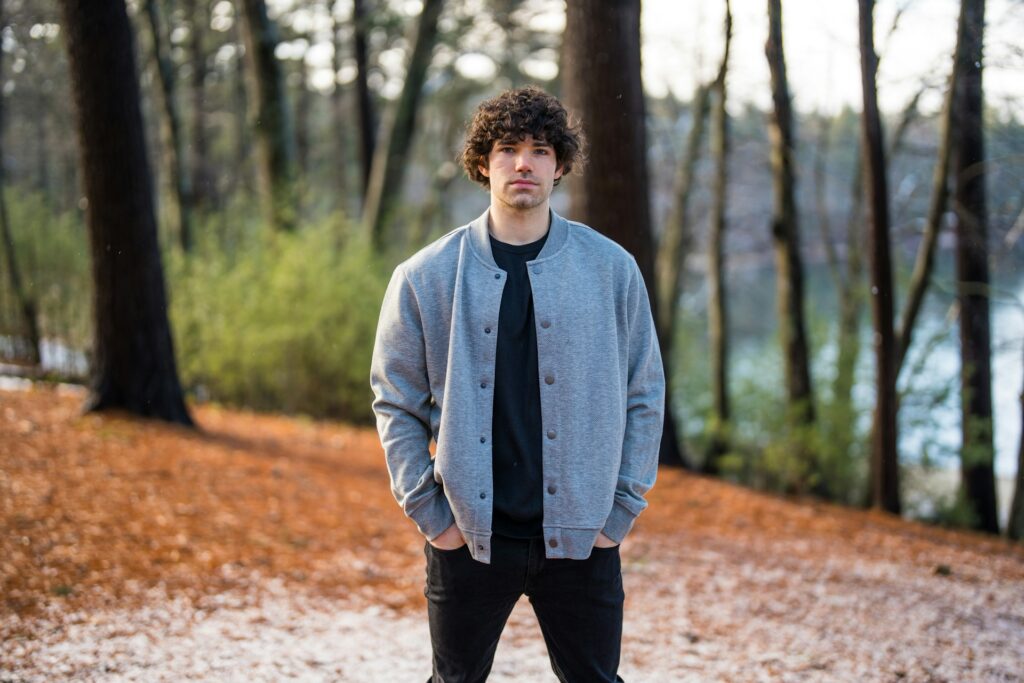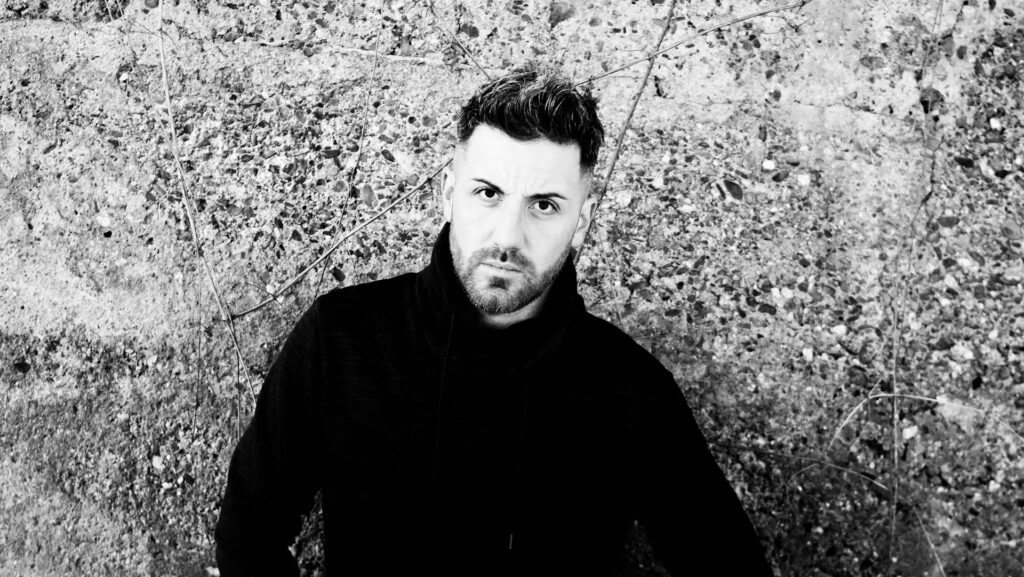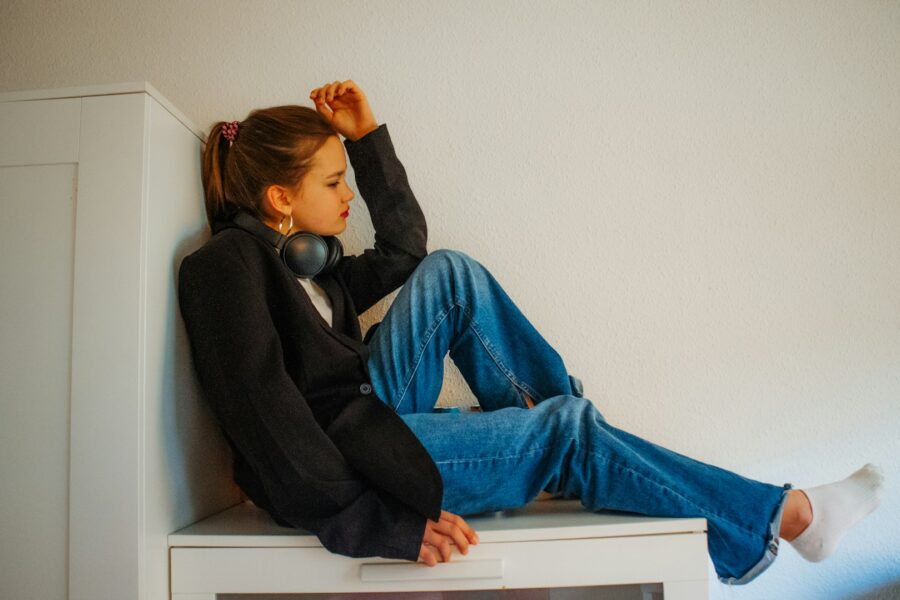You can be cheerful, helpful, even funny on the outside, and still be carrying heartbreak, anxiety, guilt, or fear that no one sees.

Maybe you learned to hide it early. Maybe it feels safer that way. But the thing about invisible weight is that it’s just as heavy, sometimes heavier because no one offers to help you lift it. If you’ve ever felt exhausted for no obvious reason, or like you’re holding it together while no one has a clue, these tough truths might feel familiar.
1. You smile more when you’re struggling, not less.

There’s something strange about pain you can’t talk about. Instead of falling apart, you perform even harder. You laugh, you show up, you ask about everyone else. You make sure no one can tell. But inside, there’s a tightness, a constant work of keeping your face and feelings separate. It’s not fake; it’s self-protection. You just don’t want your sadness to make things heavier for anyone else.
2. You rehearse conversations in your head you’ll never have.

You imagine explaining it all, and finally saying what you’ve been keeping in. However, in real life, you nod and change the subject. You convince yourself it wouldn’t help, or it would be too much, or they wouldn’t understand. So, the real conversations happen silently, in your head. Sadly, the quiet builds walls around your heart, brick by brick.
3. You feel ten steps behind but pretend you’re doing fine.

Everyone else seems to be moving forward—meeting milestones, ticking boxes. And even though you’re still turning up, you feel like you’re carrying a secret burden no one else has to deal with. It’s not just exhaustion. It’s carrying something unspoken while trying to keep pace with people who aren’t carrying anything at all, or so it seems.
4. You second-guess everything, even when no one’s questioning you.

Because you’ve learned to keep things hidden, you often feel like you’re walking a tightrope. You over-explain, overthink, apologise when no one’s asked you to. You fear being misunderstood or accidentally revealing too much. Your mind is constantly scanning the room for signs that you’re not doing enough, even when no one’s actually looking at you that way.
5. You crave help, but struggle to accept it when it’s offered.

It’s complicated. You wish someone would notice, but when they do, it feels overwhelming. What would you even say? How do you start? What if they see you differently? So, you default to, “I’m good, thanks.” Not because it’s true, but because opening the floodgates feels riskier than staying quiet.
6. You’re hyper-aware of how other people feel, but can’t name your own emotions.

You read the room. You pick up on tone changes, body language, and what people need before they ask. However, when it comes to your own emotions, there’s fuzziness. You’re not always sure what’s wrong—just that something is. Living in response to everyone else’s needs often means yours stay blurry, buried under politeness and patience.
7. You secretly wonder if you’re just being dramatic.

You downplay your pain, even to yourself. “It’s not that bad.” “Other people have it worse.” “I should be over this by now.” This internal minimising becomes a habit, and it’s a hard one to break. However, the truth is, pain doesn’t need a competition to be valid. What hurts you, hurts. Period.
8. You dread silence—not because it’s boring, but because it’s loud.

When you finally stop moving, the thoughts rush in. Regret, doubt, grief—things you’ve pushed to the side all day long. Sometimes it feels easier to stay busy, even if it’s exhausting, just to avoid the noise inside your own head. Stillness is meant to be restful—but when you’re carrying something, it can be the hardest place to be.
9. You over-function when you feel most overwhelmed.

Instead of shutting down, you speed up. You say yes to everything. You make plans, take on extra work, stay late, over-clean. It looks like control, but it’s a way to avoid what’s bubbling under the surface. People praise your “work ethic.” They don’t see the anxiety running the show in the background.
10. You feel loneliest in crowds.

You’re surrounded by people, but still feel separate. Everyone’s chatting, connecting, laughing, and you’re half-present. You can smile and participate, but there’s always a sense of being slightly apart. Like there’s a whole story inside you that no one else sees. Loneliness doesn’t always come from isolation. Sometimes it comes from being unseen in the middle of your own life.
11. You help other people because you know how it feels to carry heavy things.

You’re the person people call at 2 a.m. You offer to help before they even ask. You show up, check in, remember the little things. It’s not because you have the energy, but because you know what it feels like to need support and not get it. Your care comes from experience, and while it’s beautiful, it can also leave you running on fumes if no one’s checking on you, too.
12. You’ve mastered the art of saying “I’m tired” instead of telling the truth.

“Tired” is socially acceptable. Everyone gets it. It doesn’t make people uncomfortable. So you use it as a placeholder—for grief, anxiety, heartbreak, or burnout you can’t quite name aloud. After a while, even you start calling it tiredness. Because that word’s easier to carry in public than everything else you’re really feeling.
13. You sometimes feel resentful, and then guilty for it.

You watch people float through life without the weight you carry. They take things for granted, complain about small stuff, or act oblivious to what other people are going through, and some part of you envies that ease. Then comes the guilt—for being bitter, for comparing, for feeling anything but kind. It’s a cycle that adds shame on top of whatever else you’re carrying.
14. You often feel like you’re doing life “wrong” without knowing why.

You look around and think, “Why does this seem easier for everyone else?” Even small things feel big some days. Conversations, tasks, decisions—it’s like you’re walking through fog while other people are on autopilot. Plus, because you can’t always explain the heaviness, you assume you must just be flawed. However, you’re not flawed. You’re carrying more than most people realise.
15. You wish someone would ask the deeper question, but you’re scared what happens if they do.

“How are you really?” That question feels both like a lifeline and a threat. You want someone to care enough to ask it, but part of you also fears crumbling under the truth if you start to speak it aloud. So, you stay somewhere in the middle—quietly hoping to be seen, but afraid of being fully known. That’s one of the hardest places to live.


